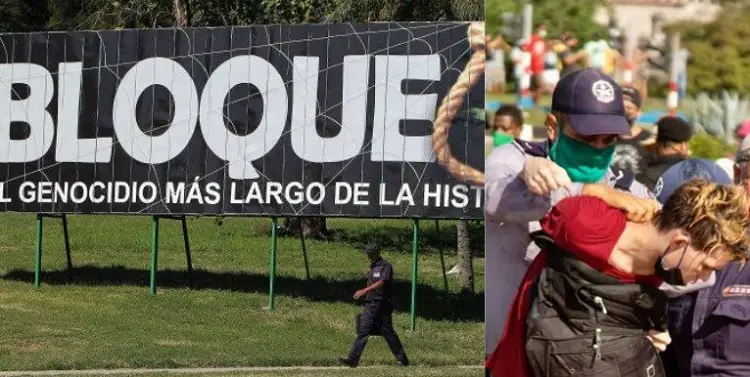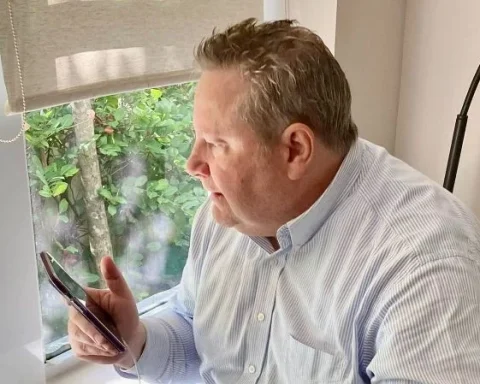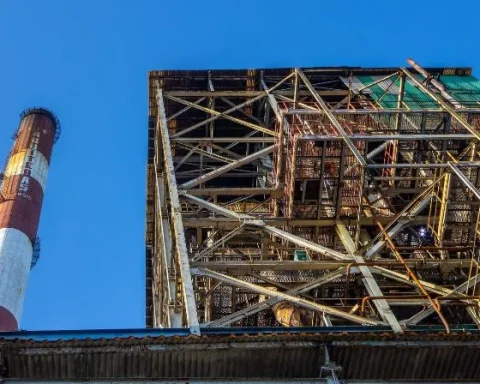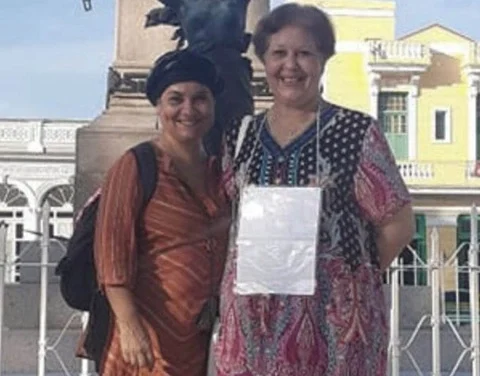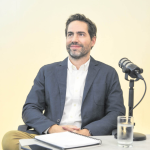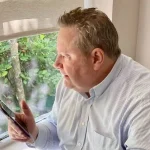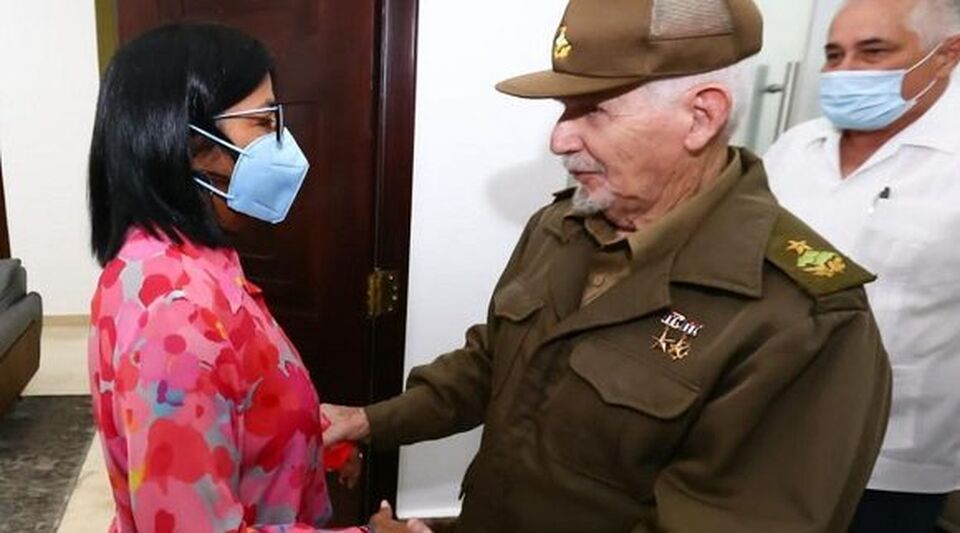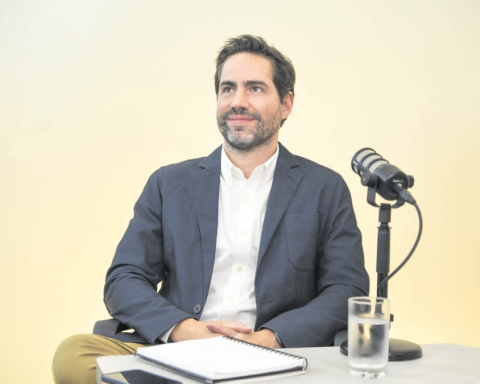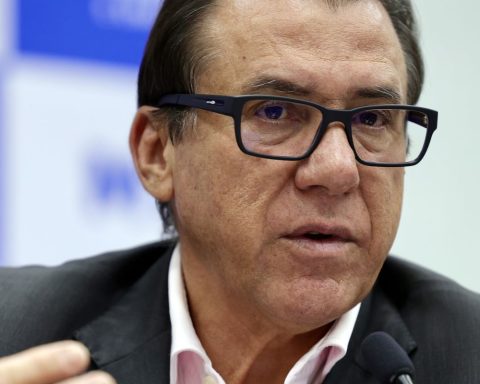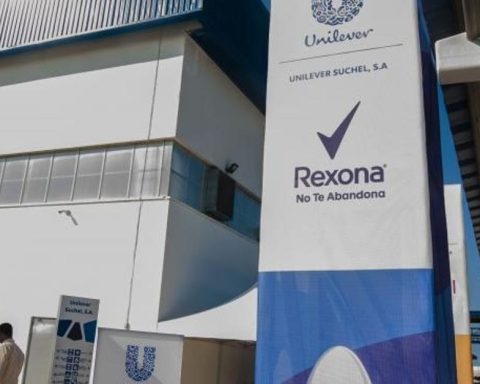HAVANA, Cuba.- If President Dwight D. Eisenhower had guessed how well the embargo would work for Fidel Castro and his entourage, he would have resolved the Cuba issue in a different way. On February 7, 1962, what Castro’s propaganda has described, with much drama and high-sounding, as “genocidal politics” came into force; although Castro became aware of the supposed extermination in the 1990s, when the Soviet subsidies disappeared and for the first time the astute dictator criticized the embargo before the United Nations.
Before it hadn’t mattered. In fact, thanks to the money from the USSR, Castroism believed itself invincible against the powerful “enemy” of the north that did not want to grant it credits. The embargo imposed in 1960 as a response to the expropriations carried out by the nascent Cuban Revolution did not include food or medicine. However, in February 1962 it was tightened, and the restrictions were almost total during the Missile Crisis, when Fidel Castro gave an early and resounding show of his madness by asking Nikita Khrushchev to launch a nuclear attack against the United States, even at the risk of the island disappearing with all its inhabitants.
Different US administrations relaxed the measures of the embargo, which even today the Castro propaganda insists on calling the “blockade”. In 1992 the embargo became law, with extraterritorial effect. The sanctions would be maintained as long as the Castro regime did not advance in the democratization of the country and respect for human rights.
Throughout its 61 years in force, the embargo has been characterized by periods of greater restriction alternated with others of excessive permissiveness. with the law Helms-Burton Passed in 1996 by the United States Congress, US citizens were prohibited from doing business within the island or with the dictatorship. Three years later, President Bill Clinton extended the trade embargo, but the following year he authorized the sale of certain products to Cuba.
The struggle between the White House and the Cuban regime has been reflected for decades in the intensification and easing of sanctions, a dynamic that is clearly expressed in the opening promoted by the presidency of Barack Obama and the subsequent brake imposed by the Trump era. Between both administrations, Cuba traveled from a context of economic prosperity linked to the generosity of the democrat, towards a financial depression that once again demonstrated how much the Revolution owes to the “enemy” of the north, without whose dollars it cannot even manufacture toilet paper.
Despite what is stipulated in the Cuban Democracy Act (1992), very little progress has been made on human rights, even during Obama’s double term. The dictatorship has benefited from the embargo as a pretext to accuse the United States in the international arena, camouflage its failure as an economic, social and political system, victimize itself and request financial aid that has ended up increasing an astronomical debt at the expense of the Cuban people. that has done nothing but become impoverished over the course of six decades.
The regime that Miguel Díaz-Canel now heads maintains harassment, political imprisonment, violence in all its expressions, and exile as methods to get rid of peaceful opponents; all this while the Biden administration is reaching out once again, allowing the free flow of remittances, reopening the diplomatic headquarters in Havana and encouraging academic exchanges, collaborations and investments.
The embargo exists because the document that supports it exists; but in practice it is unlikely that it has brought more economic losses to Cuba than corruption and the bad decisions made by the Communist Party, the same one that now proposes to articulate a capitalism inspired by the Russian model, probably financed with American dollars. Sixty-one years after Eisenhower put his signature on the document in question, and seeing how a Cuba of hotels and golf courses grows before his eyes, Cubans ask themselves: Where is the embargo?
